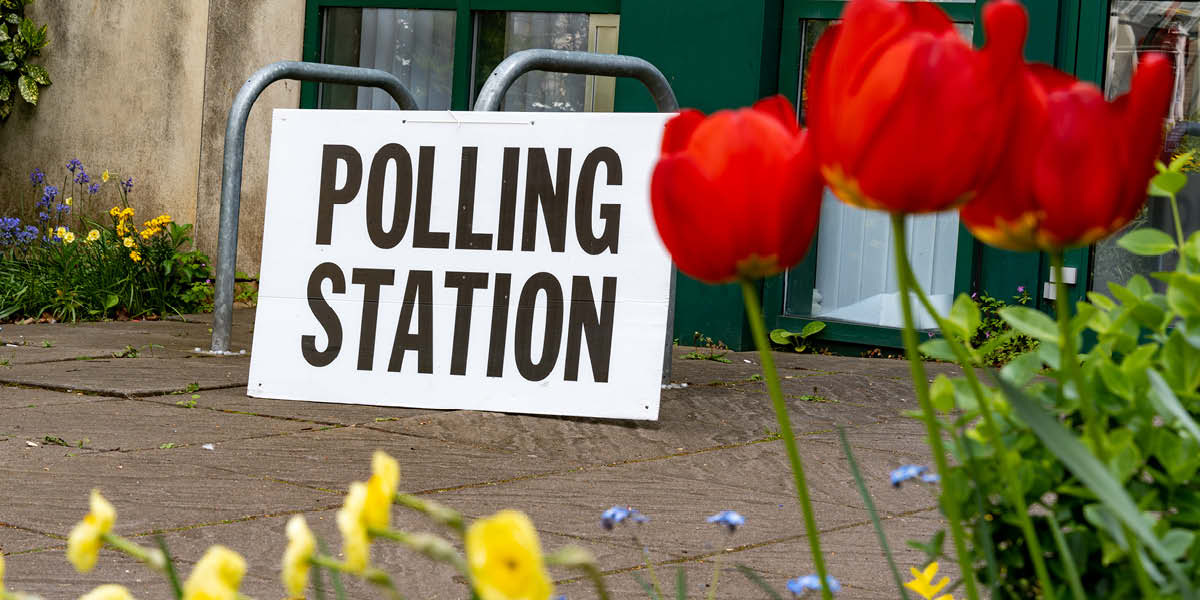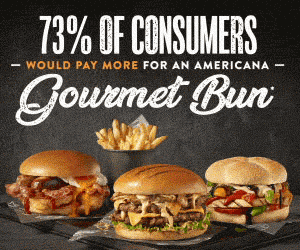Industry reacts to Labour's landslide victory

Representatives from across the hospitality industry have been reacting to Labour's landslide victory in the general election.
Following 14 years in power, the Conservatives saw a heavy defeat after the public went to the polls on 4 July, with the outgoing party set for the worst results in their history.
UKHospitality was quick to urge the Labour Party to deliver on its manifesto commitments to replace business rates and reform the Apprenticeship Levy in the first 100 days of government.
In its manifesto, the Labour Party committed to replacing the business rates system in England and level the playing field between high street businesses and online giants; as well as reforming the Apprenticeship Levy by creating a Growth and Skills Levy.
'We need to see this followed up with action'
"Firstly, I’d like to congratulate Sir Keir Starmer and the Labour Party," says Kate Nicholls, chief executive of UKHospitality. "We look forward to working with the new Labour government, which during the campaign has clearly recognised hospitality’s role serving Britain and creating places where people want to live, work and invest.
"We now need to see this followed up with action in the first 100 days. Delivering on manifesto commitments to replace business rates and reform the Apprenticeship Levy would be a clear sign that the government backs hospitality as the central pillar of the everyday economy."
Nicholls says that addressing business rates would avoid a cliff-edge moment in April 2025, when current relief is set to end and rates are due to increase again.
The sector responds
Mark Chapman, founder of the Zero Carbon Forum, comments: “Labour has committed to clean power and pledged to decarbonise the power system by 2030, which is a positive and necessary step. However, the energy transition will reduce about half of man-made greenhouse gas emissions. The other half can only be addressed by transforming to a regenerative food system and adopting a circular approach to how we make and use products and materials.
"The food and drink industry, which accounts for 35% of the UK’s carbon emissions, requires rapid and deep emissions reductions if we are to avoid the worst of the climate crisis. The impact of climate change and extreme weather is already being felt by the hospitality and brewing industry, through higher energy costs, interrupted supply chains and unpredictable sales.
"We hope the incoming government recognises the importance of a regenerative, net-zero food and drink industry, and commits to delivering sustainable, long-term outcomes that support a prosperous and resilient UK."















